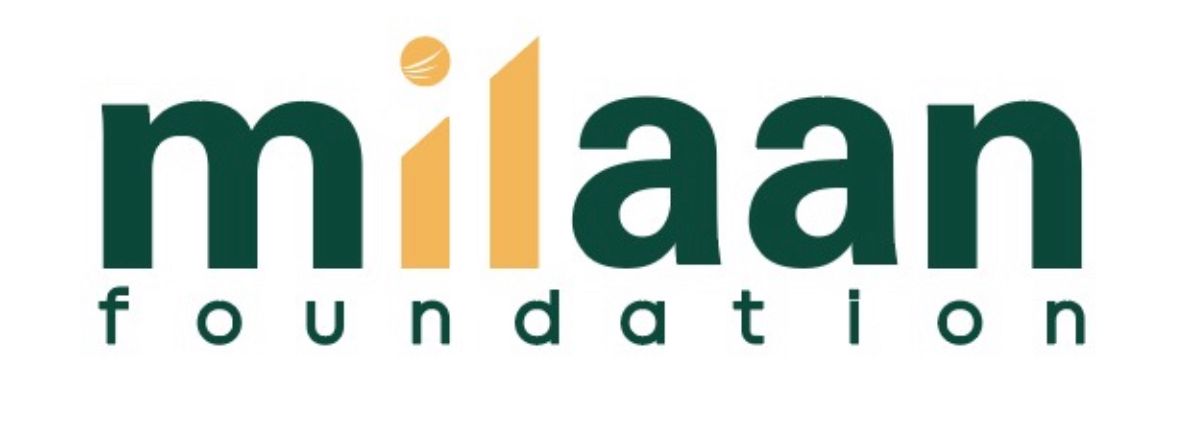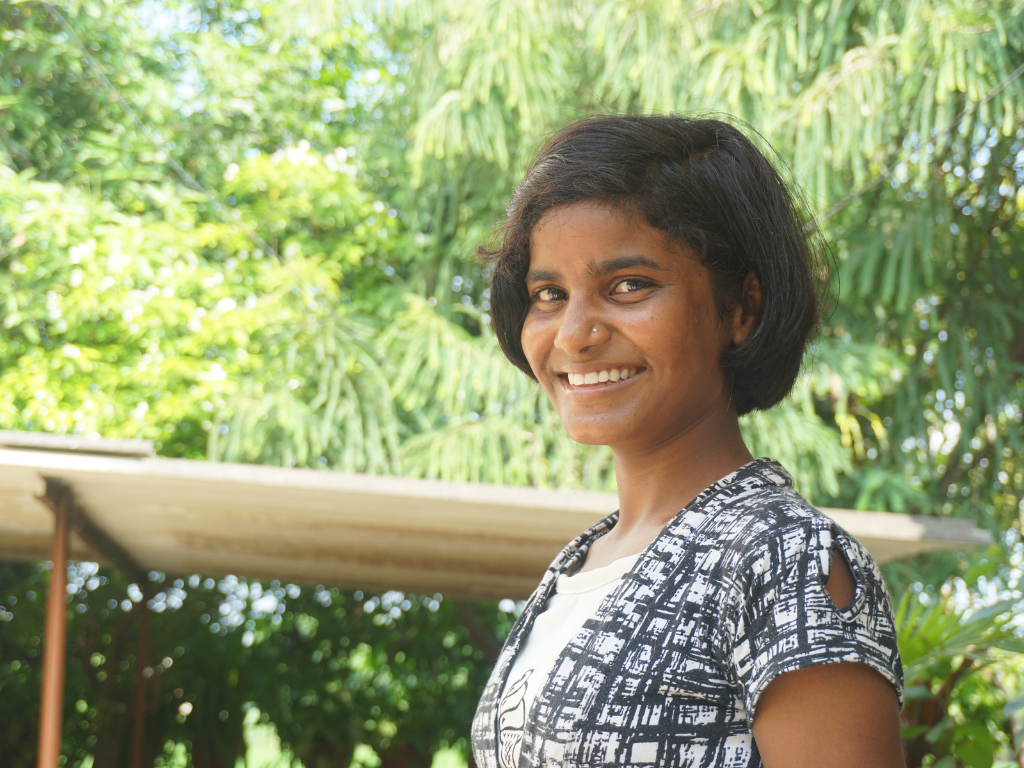“I no longer feel the void of not having a family to support me. People in my community now look up to me and discuss their problems with me, hoping I could help them. Having the ability and knowledge to help them make me happy. Yes, not having my parents by my side was hard in the beginning, but some things can’t be changed and I have accepted that in my life.” – Varsha
In India, alcohol consumption is one of the top ten risk factors that is attributed to instances of domestic abuse. The world has entered a new millennium, but from the dawn of civilisation, the woman of the patriarchal society of India continues to be oppressed and ill-treated. She is dependent, weak, exploited and faces discrimination in every sphere of life. Nearly 1 in 4 women have experienced severe physical violence by an intimate partner during their lifetime.
Varsha is a 14-year-old from the district of Varanasi in Uttar Pradesh, India. Her enthusiasm and creativity always reflect an aura filled with energy. Her dance moves are the finest, but apart from that, she is also good at painting and outdoor games, of which football is her favourite.
Varsha belongs to a community where misogyny, alcoholism, gambling, and various other social issues are part of their everyday life. Her father is a daily wage labourer in construction while her mother takes care of the household. Every night her father would come home drunk and hit her mother.
“As a 10-year-old, it was hard for me to understand what my mother was going through. So my brother and I would hide in the corner of the room in terror and wait for it to be over,” shared Varsha.
Approximately 5 million children are exposed to domestic violence every year. Nationally, 50% of batterers who abuse their intimate partners also abuse their children.
Varsha’s childhood started becoming gloomy as she was growing up to understand her father’s abusive behaviour, but it was one terrible night that shattered her childhood, leaving her and her brother orphaned.
“I remember my parents fighting over dinner and me consoling my brother, who was in tears. After that, my mother put me to sleep, and it was in the middle of the night that I woke up to see her burning. I regret being young and not doing anything for my mother.”
That one tragic night drastically changed this 10-year-olds life. Her father was arrested and she was put into a residential hostel. With time, her wounds started healing, and she started enjoying her days in the hostel with her friends.
Varsha’s inherent positivity kept her going, and she was selected as a Girl Icon at the age of 12. “I was very excited as it was the first milestone that I successfully qualified that was not a school academic exam, and that made me very happy and proud at the same time.”
It was in November 2018 that Varsha went to attend her first residential leadership training in Lucknow, Uttar Pradesh, after becoming a Girl Icon. It was for the first time that she was travelling alone and staying away from her hostel. It was then that she discovered her true potential and found the leader within her. The training enabled her to voice her opinion in public without any fear and gave her knowledge of socially constructed gender roles, a child’s right to free education, the importance of setting goals in life and the many social evils that exist in our society, which create barriers in a girl’s path towards success.
When she came back to her village after the training, she was more aware and alert. Varsha now had to form her peer group of 20 girls and take the initiative of teaching these girls from her community about the issues she learnt about in her training. She showed remarkable determination in forming this group and leading discussions on issues that were barriers to the progress of girls and women in her community.
It was this experience that led to her decision to become a social worker in the future. She dreamt about changing the community mindset, which is taking a toll on the lives of young girls like her. She started conducting meetings with her peer group members to discuss issues like menstruation, domestic violence, gender discrimination, etc., all of which are never openly spoken of in communities like Varsha’s.
“I can see my personality changing after joining the Girl Icon Program. I was too shy to speak in public but now I can confidently voice my opinion. I didn’t have a goal in life because girls like me are taught from a young age that our ultimate goal in life is to get married and start a family; nobody gives us any guidance to build our careers. Milaan has taught me the importance of having goals in life and now I know what I want to be and how to reach there.”
Varsha’s peer group meetings were so impactful that women from the community also started attending them because of the new things that they were learning, which they didn’t have the opportunity to learn when they were young. From here on, young Varsha’s dream of becoming a social worker came to life.
“I want to end alcoholism and gambling in my community, and I am working on it each day at a time to help the women and the girls realise their worth. I could take ownership of my life because of Milaan, and for that, I am truly grateful. I was always looking for my identity amidst the large crowd, and Milaan has given me the identity of a Girl Icon, which I am proud of.”



